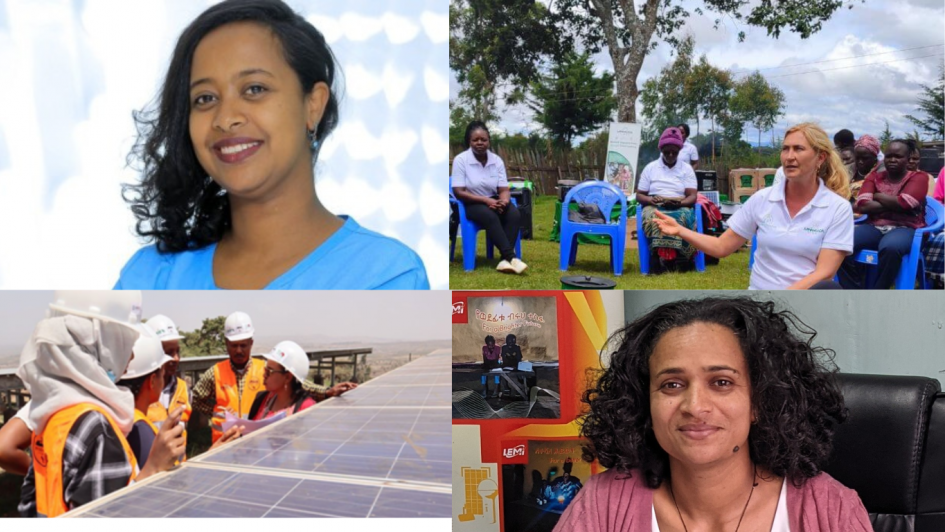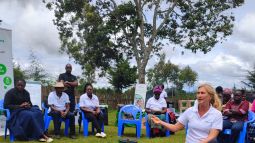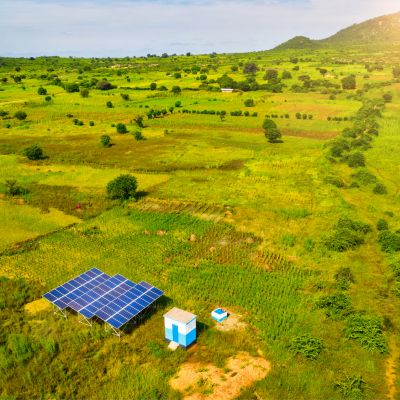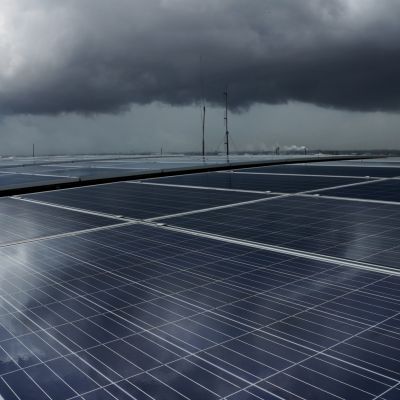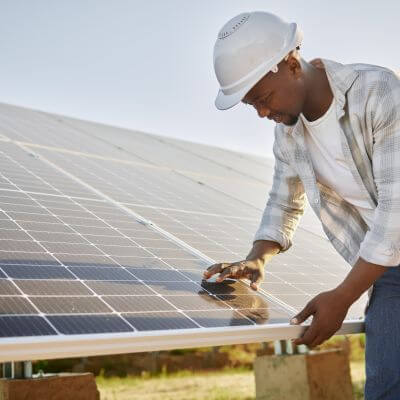The renewable energy sector, a growing and innovative industry, is improving career opportunities for women and youth. Reliable and clean power also empowers female entrepreneurs to start businesses, further promoting diversity within communities. On International Women’s Day we want to take a moment to celebrate some of these successes, focusing on East Africa and what these amazing women have achieved. The energy transition is more than a technological shift; it's a chance to enhance social and economic inclusivity. This year’s theme, Accelerate Action, stresses the importance of taking swift and decisive steps to achieve gender equality.
Explore how transparency in funding is crucial for achieving universal energy access in the latest Power for All article. This detailed analysis underscores the transformative impact of solar energy on global sustainable development, particularly in the Global South. Learn about the challenges and solutions related to solar energy funding, highlighted by the World Bank and GOGLA's latest data. Understand why clear, transparent financial systems are essential for meeting SDG 7 by 2030 and how they can ensure that solar energy benefits those who need it most.
Discover why financial transparency is vital for the growth of solar mini-grids in Sub-Saharan Africa. This article uncovers the discrepancies in funding reports for solar mini-grid projects and the need for more accurate and consistent tracking of donor funding.
Discover how distributed renewable energy (DRE) technologies are revolutionizing youth employment opportunities in sub-Saharan Africa and the Global South, addressing high unemployment rates and driving sustainable development.
 Platform for Energy Access Knowledge
Platform for Energy Access Knowledge Explore the best energy access idata and thinking with PEAK, our powerful interactive information exchange platform.
